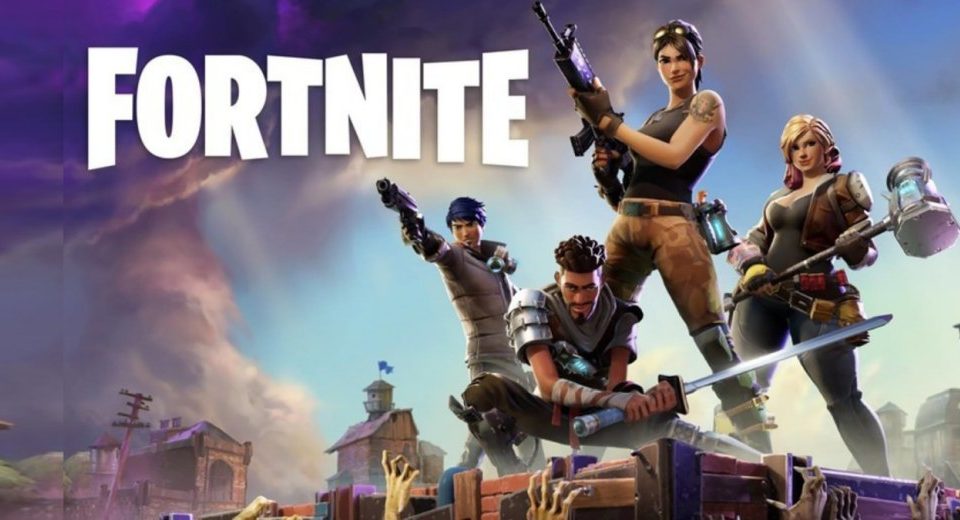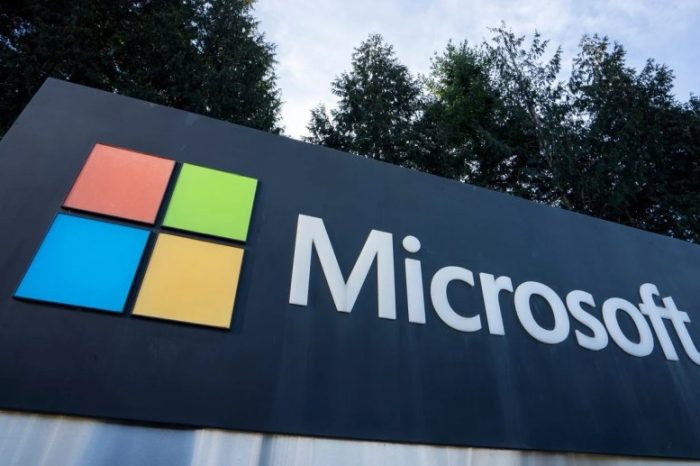Apple bans Epic Games from the AppStore, calling it a ‘threat’ to the iOS ecosystem

In a stunning development, Apple has pulled the plug on Epic Games‘ developer account, intensifying the ongoing feud between the tech behemoth and the creators of Fortnite. This latest move by Apple has been met with sharp criticism from Epic, who has labeled it a severe breach of the EU’s Digital Markets Act (DMA).
Epic Games wasted no time in firing back, asserting that Apple’s actions are tantamount to retaliation for their vocal stance against the tech giant’s practices. Apple, on the other hand, defends its decision by citing Epic’s track record of flouting rules and regulations, which it claims jeopardizes the integrity, security, and privacy of iOS users.
The news comes a few months after Epic Games scored a major victory against Apple three years after suing Apple and Google over claims of running monopolistic app stores. A federal court jury ruled in favor of Epic, declaring Google’s Google Play store and billing service as an illegal monopoly.
Meanwhile, the clash reached a boiling point following Apple’s abrupt termination of Epic’s developer account, a stark reversal from its recent approval just last month. This approval had sparked hopes for Fortnite’s return to iOS devices in the EU, riding on the coattails of the region’s newly enacted DMA.
“In terminating Epic’s developer account, Apple is taking out one of the largest potential competitors to the Apple App Store. They are undermining our ability to be a viable competitor and they are showing other developers what happens when you try to compete with Apple or are critical of their unfair practices,” Epic said in a blog post.
Epic contends that Apple’s move not only stifles competition but also sends a chilling message to developers daring to challenge the status quo. The game developer alleges that Apple’s decision was fueled by Epic’s outspoken criticism of the DMA, as evidenced by various public statements and social media posts.
Phil Schiller, an Apple executive, minced no words in a letter dated February 23, 2024, where he pointedly reminded Epic of its past breaches and colorful criticisms. Schiller’s missive paints a picture of a company unwilling to play by the rules, raising concerns about the potential fallout for iOS users.
“In the past, Epic has entered into agreements with Apple and then broken them,” Schiller wrote in the letter dated February 23, 2024. “You also testified that Epic deliberately violated Apple’s rules, to make a point and for financial gain. More recently, you have described our DMA compliance as ‘hot garbage,’ a ‘horror show,’ and a ‘devious new instance of Malicious Compliance.’ And you have complained about what you called ‘Junk Fees’ and ‘Apple taxes.”
Despite Epic’s reassurances of compliance with Apple’s terms, the tech giant remains unconvinced, citing the developer’s history of deliberate rule-breaking. The rift between the two industry heavyweights underscores broader tensions within the app economy and the growing scrutiny over big tech’s dominance.
As Epic and Apple continue to spar in courtrooms and public forums, the fallout from this latest escalation remains to be seen. But one thing is clear: the battle for control over the digital marketplace is far from over, and both sides are digging in for the long haul.
Founded in 1991 by Mark Rein and Tim Sweeney, Epic operates Fortnite, one of the world’s largest games with over 350 million accounts and 2.5 billion friend connections. Epic also develops Unreal Engine, which powers the world’s leading games and is also adopted across industries such as film and television, architecture, automotive, manufacturing, and simulation. Through Unreal Engine, Epic Games Store, and Epic Online Services, Epic provides an end-to-end digital ecosystem for developers and creators to build, distribute, and operate games and other content.
In 2017, Epic launched the free-to-play battle-royal videogame “Fortnite.” Since then it has amassed a huge following among young gamers. Epic currently has more than 160 million users on its PC store, according to its website. In 2021, Epic received a $250 million investment from Sony, and it raised $1.25 billion in funding in 2018 from investors including KKR.




